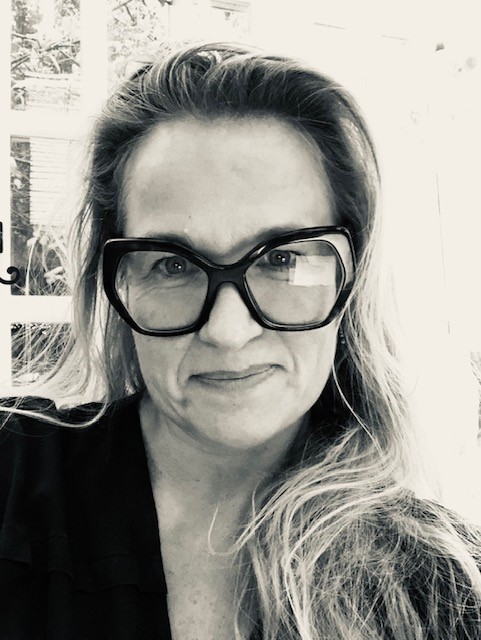Learning, empathy and setting boundaries: Libby’s story


For Libby, it is a passion for learning and making connections – both in terms of the people she works with and joining the dots on processes and strategy – that has propelled her to take on different roles in her 11 years with the Bank. She may not be a technical expert on cyber security by her own admission, but that is what stretches her and keeps her on her toes.
Problem solver
I work in the Information and Cyber Security Risk function, covering the gamut of people, culture, capability, budget, finance, risk governance and ensuring some of our key regulatory engagements are overseen effectively. The job is very challenging – something that I love – as it is an ever-changing space and it doesn’t stand still. We are making a difference in people’s lives, ultimately helping the Bank protect clients’ assets against information and cyber crime.
In my career here, I think I’m known as someone you can count on to solve a problem. I may not have deep technical expertise in a subject matter, but I have the confidence to ask questions and seek the support of others who do. By doing that, I think it makes me a better risk officer as decisions won’t just be based on my judgement, but by a diverse group of views and opinions.
I suppose it’s this natural curiosity that drives me to change roles. For example, I first joined the bank as Head of Financial Operations for Europe – something quite different from what I do now. Once you have tried moving roles internally, you’ll probably end up asking yourself: why not?
Learning as a way of life
My love for learning extends beyond work. I’m a qualified scuba dive instructor, massage therapist, executive coach, and clinical hypnotherapist. Here in the Bank, the last course I took was a mental health first aider course.
With the lockdowns in the past two years, I’ve seen a lot of people struggle with mental health issues. That was what compelled me to get the qualification to enable me to deal with such situations and difficult conversations. In coaching and solution-focused hypnotherapy, it’s not about telling people what to do. Often, we are helping people find the answers themselves. It is about providing them with a safe, non-judgemental space, and asking the right questions. In this way, it’s empowering for them to know that they have it in them to solve the problem.
Mental health is also something that is very close to my heart as someone I was in a relationship with suffered from bipolar disorder, but I didn’t realise it at the time. This was almost two decades ago, but it was one of the lowest points in my life. It didn’t just affect me, but also my young son (he’s 18 now). I was a single mum at the time struggling to cope.
This is a story that I have openly shared with colleagues in the Bank so as to let others know they are not alone if they are going through something similar, and encourage others to become more comfortable talking about mental health. A lot of people don’t share their traumas and difficulties openly, and we only see the good times through social media.
Another learning for me is the need for empathy in life. Nobody is in the exact same position as anyone else, so never make assumptions and always try to see it from the person’s point of view.
This experience also taught me a lesson in independence, driving me to take ownership of my life and career so that I don’t have to rely on anybody else. When you have children, it becomes even more crucial to know what you are doing and what you are doing it for. My children are my ultimate purpose.
Setting boundaries
One of the best pieces of advice I received is to set boundaries so that we can work from a place of integrity and respect for others and ourselves. Setting a boundary is not about putting up walls but identifying doors and showing others how to open them.
It creates an invitation instead of an expectation. For instance, someone needs to ask first before they take up your time or call on you for help.
Often, you see people who find it hard to say no. They are some of the most helpful people in the organisation, and sometimes their good nature is taken advantage of. Setting boundaries is tremendously important, particularly for women, as they still tend to take on the bulk of housework and childcare.
“Breaking the bias” may be this year’s International Women’s Day theme but standing up to biases at the workplace is not so easy. It is something I encountered at a previous employer but at that time, I wasn’t in a position to fight the organisation. I was vulnerable as a single mother and looking after a young son. So, I left.
We need to appreciate that sometimes people don’t fight biases not because they don’t want to, but because they are vulnerable. And when somebody feels vulnerable, he or she won’t take risks. We need to try and create a safe environment so that people don’t feel it’s a risk to speak up against injustice.